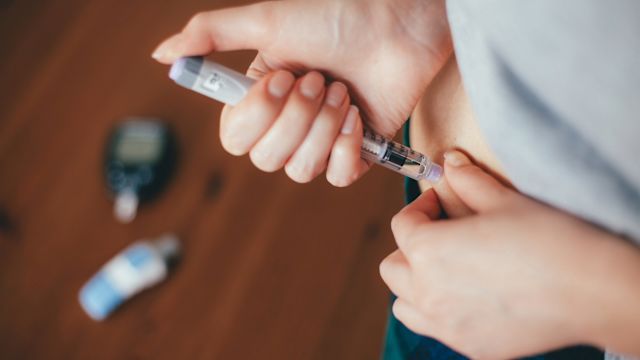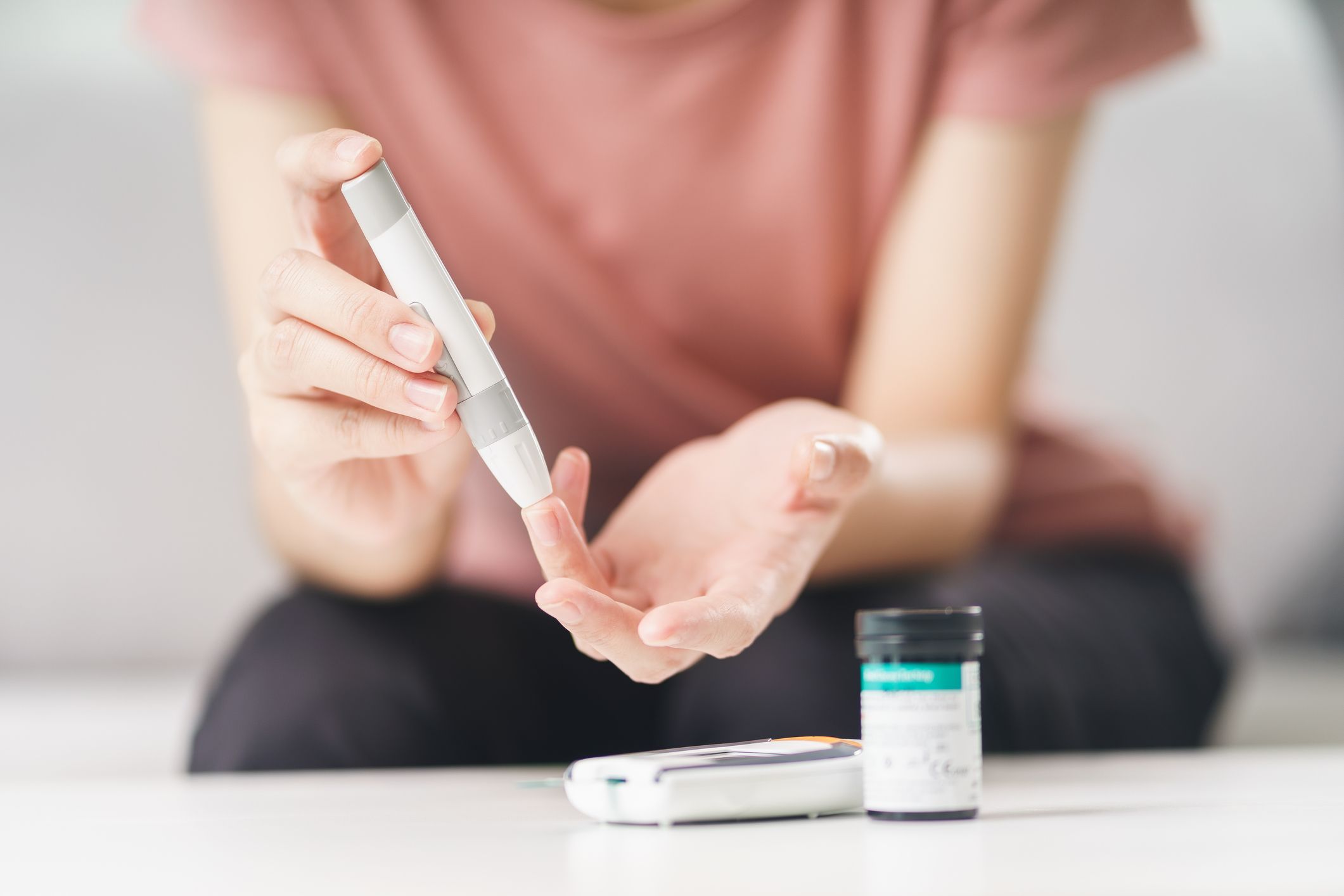Updated on October 9, 2024
People with type 2 diabetes (T2D) are at a much higher risk of numerous forms of cardiovascular disease, including coronary artery disease, peripheral artery disease, cardiomyopathy, heart failure, and heart attack. People with T2D are also at an increased risk for stroke.
Lifestyle changes are essential to both managing T2D and reducing the risk of heart disease. These lifestyle changes include regular exercise, eating a healthy diet, and reducing unhealthy habits, such as smoking. A healthcare provider may also prescribe medications to help manage T2D, get numbers to goal, and prevent complications
Some medications used to manage T2D have the added benefit of protecting the heart from cardiovascular disease.
Metformin
Metformin is an oral medication that is typically the first drug prescribed for someone who has been diagnosed with type 2 diabetes. It’s a popular choice among healthcare providers and patients because it is effective and has a low risk of side effects. It is also inexpensive.
Metformin works by decreasing the amount of glucose made in the liver, decreasing the amount of glucose absorbed in the gut, and increasing the body’s sensitivity to insulin. Metformin can be taken on its own or may be prescribed to use in combination with other diabetes drugs.
Research supports that taking metformin can also protect against cardiovascular disease among people who have diabetes.
SGLT2 inhibitors
The kidneys play a major role in regulating the amount of glucose in the bloodstream. As blood passes through the kidneys, some glucose is reabsorbed into the bloodstream, and some is filtered out into urine. This process is altered in people who have diabetes, which contributes to higher blood glucose levels.
Sodium-glucose co-transporter-2 (SGLT2) inhibitors are oral medications that help the kidneys filter more glucose into urine. This helps keep blood glucose levels more balanced.
SGLT2 inhibitors are also indicated to prevent several cardiovascular problems in people who have type 2 diabetes. These medications are also recommended to slow the progression of diabetic kidney disease.
GLP-1 receptor agonists
Glucose is the main source of energy for cells throughout the body. Insulin is a hormone cells need in order to absorb glucose and use it for energy. Insulin is produced and released by an organ called the pancreas. When a person has T2D, the pancreas does not produce enough insulin, and cells are less effective at using insulin (which means cells are less effective at using glucose).
Glucagonlike peptide 1 (GLP1) receptor agonists are diabetes medications that stimulate the pancreas to produce and release more insulin. GLP1 receptor agonists also have a number of other functions—including slowing digestion (which helps slow the release of glucose), reducing how much glucose is produced in the liver, and improving how muscles absorb glucose.
GLP1 receptor agonists are taken by subcutaneous injection (an injection under the skin). This type of medication is also recommended for reducing the risk of cardiovascular problems and chronic kidney disease.
Side effects
All medications can cause side effects, and all medications discussed in this article can cause side effects. Potential side effects and the risk of side effects should always be discussed with a healthcare provider prior to starting any medication.
With that in mind, here are some specific questions and topics that you can discuss with your healthcare provider related to diabetes medications and side effects:
- What are common side effects of this medication? How can these side effects be managed?
- Can this medication cause severe side effects? What symptoms or problems do I need to watch for?
- Does this medication carry any boxed warnings? Boxed warnings are warnings about serious safety risks.
- Are there any circumstances where I should stop taking this medication immediately?
- When should I contact you about a symptom or side effect?
- Can this medication affect pregnancy, fertility, or contraception? Tell your healthcare provider if you are pregnant or planning on becoming pregnant. Contraceptive use is also worth discussing.
- Is this medication covered by my insurance? Who can I talk to if I have concerns about coverage, co-pays, or cost?
You should also discuss your medical history and family medical history with your healthcare provider, including:
- Any history of allergic reactions.
- How often you consume alcohol and how much.
- Any personal or family medical history of thyroid disorders (including thyroid cancer) or pancreatic disease (including pancreatic cancer and/or pancreatitis).
- If you have kidney disease. Some medications are not safe for people who have severe chronic kidney disease, and monitoring kidney function and blood pressure are important for anyone who has diabetes.
- All medications you are taking. This includes prescription medications, over-the-counter medications, and supplements (including vitamins and herbal supplements).
Remember, no diabetes medication is right for every person. Follow your treatment plan (including the recommended lifestyle changes), educate yourself about the medications you take, and keep all your appointments with your healthcare provider. These steps can give you the best chance of success when managing type 2 diabetes.






